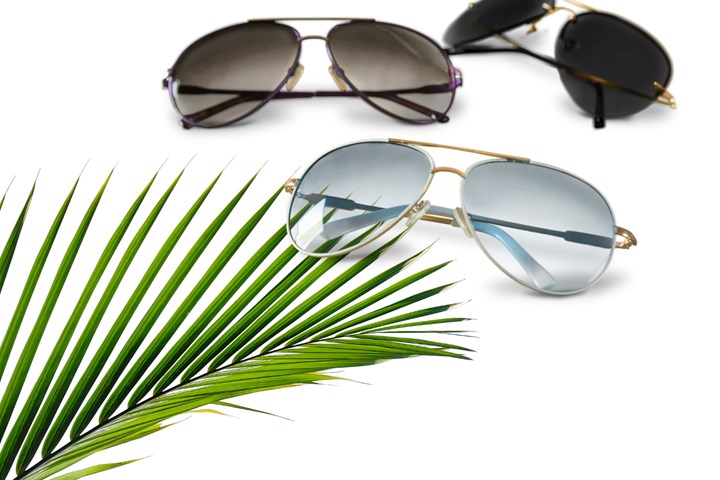SABIC and Eyewear Lens Maker Polyray Collaborate to Launch Renewable PC into Eyewear Applications
SABIC’s certified renewable Lexan PC can potentially result in reductions in carbon footprint of up to 61% and fossil depletion reduction of up to 35%.
Houston-based SABIC’s certified renewable Lexan PC, first announced at the K2019 trade show, has been chosen by China’s Polyray Corp., an innovative leader in the eyewear lens industry. The partners recently announced their collaboration for the use of Lexan PC based on certified renewable feedtock in the lenses of several eyewear end applications such as sunglasses, safety glasses and sports goggles.
Based on SABIC’s cradle-to-gate peer-reviewed LCA study, its renewable PC--which is part of the company’s Trucircle portfolio and services--can potentially result in reductions in carbon footprint of up to 61% and fossil depletion reduction of up to 35%.
Said commercial director of Polyray Jessica Chen, “Polyray is the first in the lens industry to offer a renewable PC lens for our customers, in order to keep up with the trend towards more sustainability in the development of plastic lens components. By producing lenses using renewable resources we can make a significant sustainability impact. We are happy to partner with SABIC, whose polycarbonate based on certified renewable feedstock ensures that the customer does not have to compromise on design or application, as the requirements for Polyray’s lens products made of SABIC’s materials remain the same.”

Polyray is the first ISCC PLUS certified lens supplier for the eyewear industry, giving their customers a consistent proof of a sustainable supply chain. ISCC is an independent global organization that provides the leading certification system offering solutions to address sustainability requirements for all feedstocks and markets, as well as traceability throughout the supply chain. ISCC PLUS certification can be a powerful tool for companies along the supply chain to address various environmental and social standards.
“Since the launch in February of our BioPC lens, part of our Bio-Line portfolio, we have had a lot of interest shown in the solution from a broad range of eyewear brands. It provides identical product specification to a fossil-based PC lens, such as outstanding impact resistance and high optical quality, but with an environmental profile. BioPC lens can be used as sunglasses lenses, demo lenses and many other lens applications such as polarized, photochromic and anti-blue light lenses - perfect for sport, lifestyle, safety glasses and also snow goggles,” concluded Chen.
Commented Sergi Monros, SAB IC’s v.p. of performance polymers & industry solutions for petrochemicals,“Our polycarbonate provides SABIC and our direct and ultimate customers with more sustainable solutions and associated benefits. We are delighted to have Polyray onboard as our first customer in the eyewear industry to use our new material in their end applications. As well as providing the sustainable solution they were looking for, we are pleased to have been able to introduce Polyray to the ISCC certification system,”
Related Content
-
Scaling Up Sustainable Solutions for Fiber Reinforced Composite Materials
Oak Ridge National Laboratory's Sustainable Manufacturing Technologies Group helps industrial partners tackle the sustainability challenges presented by fiber-reinforced composite materials.
-
Lanxess and DSM Engineering Materials Venture Launched as ‘Envalior’
This new global engineering materials contender combines Lanxess’ high-performance materials business with DSM’s engineering materials business.
-
Prices Up for All Volume Resins
First quarter was ending up with upward pricing, primarily due to higher feedstock costs and not supply/demand fundamentals.








